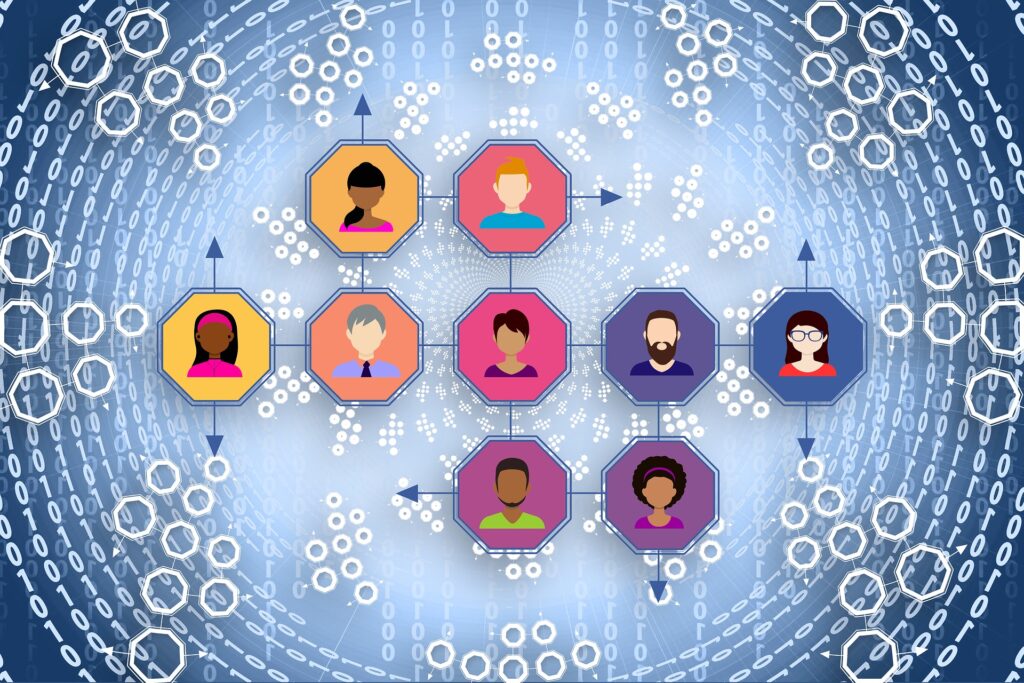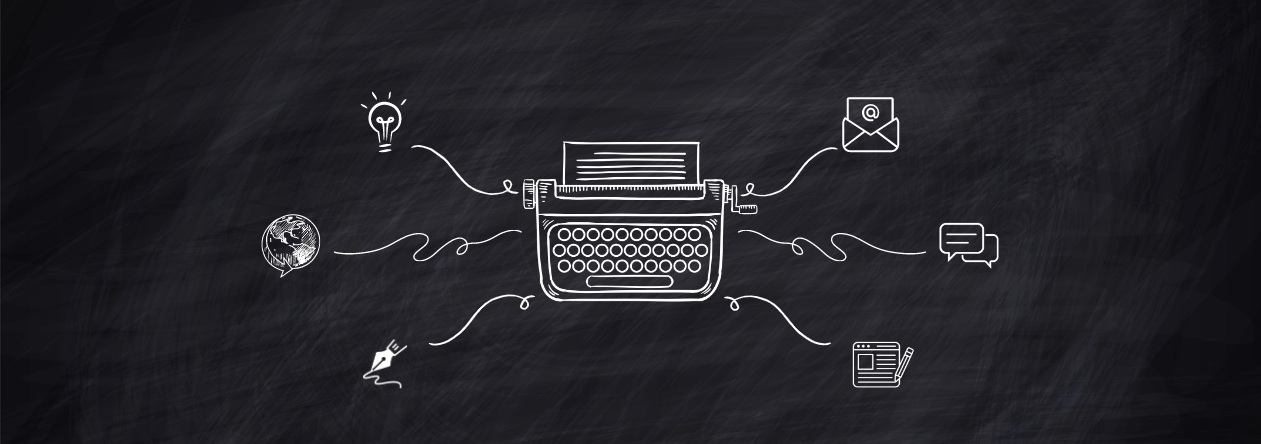Social media and the Internet are used by 1 third of the entire world so they have a major influence on society, but also on our bodies and brains. 5 to 10% of users are unable to control how much time they spend online, and they can’t log off.
This is a psychological addiction, indeed people who have an internet addiction and those who are drugs dependent have similar brain scans. They have a degradation of white matter which is the region that controls emotions, attention and decision making. Because social media provides immediate rewards with very little effort, your brain will ask for more of those stimulations after each interaction.
One advantage of achieving proficiency in heavy media use is the ability to multi-task effectively. We usually think that those who use social media or constantly switch between work and websites are better at multi-tasking, but studies have found that when comparing heavy media users to others, they perform much worse. Increase of multi-tasking online reduces the ability to filter out interferences and your brain finds it harder to commit information to your memory.
Studies have also identified a psychological phenomenon: the Phantom Vibration Syndrome, when you think your phone is buzzing, but it isn’t. In one study 89% of people said that they experienced this at least once. So, technology has begun to change our nervous system.

Social media also triggers a release of dopamine. Scientist have found that people’s brain releases more dopamine, so they’re happier, when they talk about their own views as opposed to listening to others. While 30-40% of face-to-face interactions involve communicating our own experiences, around 80% of social media communication is self-centred. The same part of your brain related to motivation and love is stimulated by social media use. And even more when you have an audience. So, our body is physiologically rewarding us for talking about ourselves.
The final good news, however, is that studies on relationships have found that partners like each other more if they meet online for the first time rather than with a face-to-face interaction. According to statistical data partnerships that started online are more successful. The reason why is not known: perhaps because people are more anonymous or because people are clearer about their future goals or because increased physical separation has changed our verbal communication. Anyway the ones who matter most seem to end up closer.
Sofia Spano’
